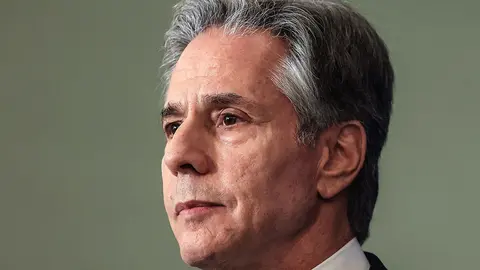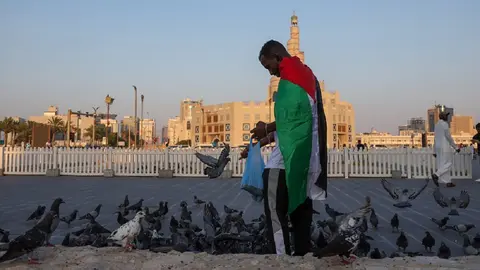Israel eliminates al-Fatah commander in southern Lebanon
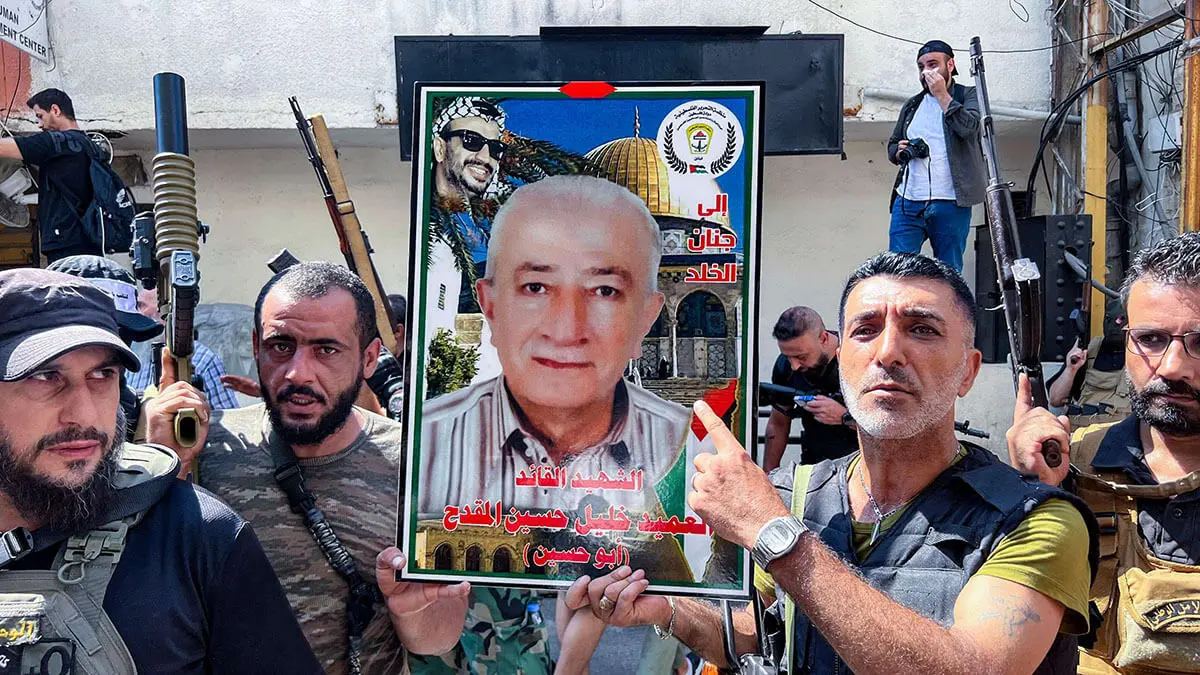
An Israeli air strike on the southern Lebanese coastal city of Sidon has eliminated Khalil Makdah, a member of the Al-Aqsa Martyrs Brigades, the armed wing of Fatah. The attack, which has left dozens wounded, is the first to target members of the Palestinian group since the war began more than 10 months ago.
However, it is not the first time that Israel has targeted the Lebanese town, as less than a fortnight ago a drone struck Palestinian Hamas commander Samer al-Hajj in the same town.
The IDF confirms carrying out an airstrike near the coastal Lebanese city of Sidon earlier today, killing Fatah official Khalil Makdah.
— Emanuel (Mannie) Fabian (@manniefabian) August 21, 2024
Khalil is the brother of senior Fatah official Munir Makdah, who has been accused by Israel for years of working with Hezbollah and the IRGC to… pic.twitter.com/tupJBvbCwN
Israel accuses Makdah of working with his brother, Mounir - a senior official in the political party headed by PA chairman Mahmoud Abbas - to smuggle weapons into the West Bank, allegedly in collaboration with Hezbollah and Iran's Islamic Revolutionary Guard.
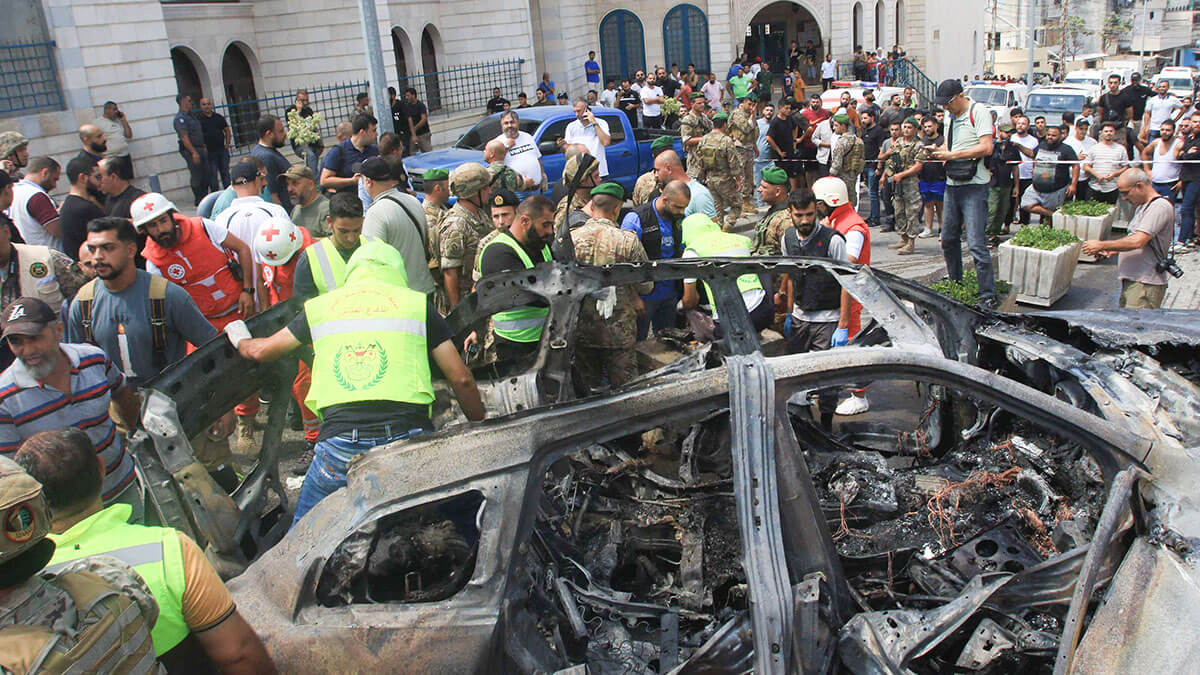
‘We will continue to attack Lebanese-based targets orchestrating terrorist activities in the West Bank,’ the IDF stressed in a statement, which also again accused Lebanon of “harbouring terrorists”.
Mounir, who is also commander-in-chief of the Al-Aqsa Martyrs Brigades in Lebanon, called his brother's death ‘a badge of honour’, assuring Lebanese news channel Al Mayadeen that ‘the resistance stands firm’. ‘The assassinations make us stronger,’ he told the Hezbollah-affiliated media outlet.
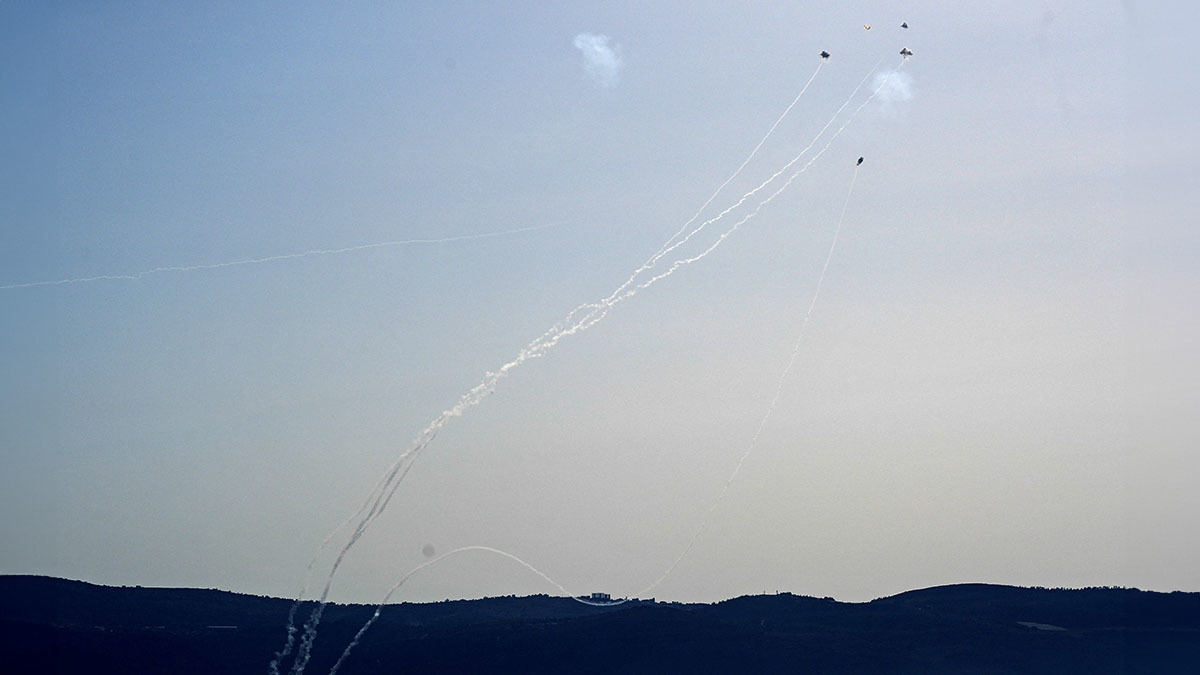
Fatah, meanwhile, said Makdah's assassination ‘is further proof that Israel wants to unleash a full-scale war in the region’, according to AFP.
Makdah's assassination comes at a time of high tension between Israel and Hezbollah after the Israeli army eliminated the Lebanese militia's top commander, Fuad Shukr, in Beirut, accusing him of planning the attack that killed 12 children on the Golan Heights.
Major Damage to several Residential Homes within Katzrin in the Golan Heights, following a Barrage of over 40 Rockets launched by Hezbollah at the City. pic.twitter.com/wyKk8CPeht
— OSINTdefender (@sentdefender) August 21, 2024
Since then, amid threats from the Islamic Republic of Iran against the Jewish state, fighting has intensified on both sides of the border. In the last few hours, Hezbollah has fired 50 shells into northern Israel, injuring one person slightly.
The Tehran-backed Lebanese militia claimed responsibility for the offensive, saying it targeted a military base on the Golan Heights in response to a series of Israeli attacks, including one that killed an al-Fatah commander.
This video is from what appears to be the result of a strike the @IDF conducted in the Bekaa Valley area this evening.
— Lt. Col. (R) Peter Lerner (@LTCPeterLerner) August 19, 2024
Clearly seen are the dramatic secondary launches from rockets stored in the rural area under #Hezbollah control. pic.twitter.com/JPpt3Df9T8
Israel this week also bombed Hezbollah weapons warehouses in the Bekaa Valley, a stronghold of the Shi'ite group. ‘Secondary explosions were identified after the strikes, indicating the presence of large quantities of weapons in the targeted facilities,’ an IDF statement said.
Biden stresses ‘urgent need’ for ceasefire
As violence continues to spiral along the Israel-Lebanon border, the US is pushing for a ceasefire in the Gaza Strip that could also reduce tensions with Hezbollah.
In this regard, President Joe Biden stressed the ‘urgent need’ to conclude a truce in the Palestinian enclave in exchange for the release of more than 100 hostages during a phone call with Israeli Prime Minister Benjamin Netanyahu. Biden also stressed that the upcoming negotiations in Cairo are crucial.
This conversation comes on the heels of a trip to the Middle East by US Secretary of State Antony Blinken, who ended his regional visit without reaching an agreement due to Hamas's rejection of Washington's proposal.

